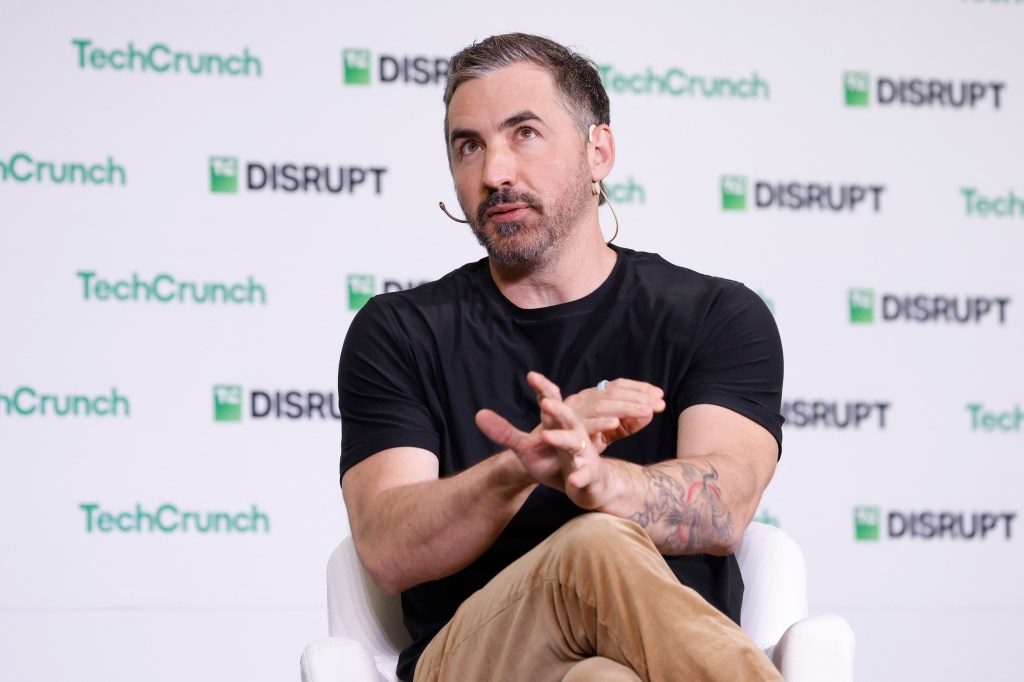Kevin Rose Champions Trusted Social Communities in the AI Era
In an era where artificial intelligence (AI) is increasingly shaping online interactions, Kevin Rose, the founder of Digg, emphasizes the critical need for authentic and trustworthy social communities. Reflecting on his extensive experience in the tech industry, Rose highlights the challenges posed by AI-generated content and the importance of fostering genuine human connections in digital spaces.
The Evolution of Digg and the Rise of AI
Digg, launched in 2004, was a pioneering platform that allowed users to discover and share content through a democratic voting system. Over the years, the platform underwent various transformations, adapting to the rapidly changing digital landscape. In 2025, Rose, alongside Reddit co-founder Alexis Ohanian, reacquired Digg with a vision to revitalize it for the modern era. Their goal was to create a platform that prioritizes human engagement over algorithm-driven content.
The proliferation of AI-generated content has introduced complexities in distinguishing between human and machine-produced material. This blurring of lines has led to concerns about the authenticity of online interactions and the potential for misinformation. Rose acknowledges these challenges and advocates for a balanced approach where technology enhances human connections without overshadowing them.
Building Communities for Humans
At the Wall Street Journal’s Future of Everything conference, Rose and Ohanian discussed their strategy for the new Digg. They emphasized the importance of creating spaces where real people can connect and share ideas without the interference of bots or AI agents. Ohanian highlighted the prevalence of AI-generated content, noting that many users are unaware of the extent to which their online experiences are influenced by non-human entities.
To address this, the new Digg aims to implement mechanisms that verify user authenticity. One proposed method is the use of zero-knowledge proofs, a cryptographic protocol that allows one party to prove to another that they know a value without revealing the value itself. This technology could help ensure that participants in online communities are genuine individuals, thereby fostering trust and authenticity.
Monetizing Moderation and Content Creation
Another significant aspect of Rose’s vision is the fair compensation of moderators and content creators. Historically, many online platforms have relied on unpaid volunteers to manage communities and generate content. Rose argues that this model is unsustainable and unfair to those who invest significant time and effort into building and maintaining online spaces.
By providing financial incentives, Digg aims to attract and retain high-quality moderators and creators. This approach not only acknowledges their contributions but also ensures that the platform maintains high standards of content and community engagement. Rose believes that aligning the interests of the platform with those of its users will lead to a more vibrant and trustworthy online environment.
The Role of AI in Moderation
While Rose advocates for human-centric communities, he also recognizes the potential of AI in supporting these spaces. AI can be utilized to assist with moderation tasks, such as identifying and mitigating harmful content or de-escalating conflicts within communities. By leveraging AI in these areas, platforms can enhance user experience without compromising the authenticity of interactions.
However, Rose cautions against over-reliance on AI, emphasizing that technology should serve as a tool to support human moderators rather than replace them. The goal is to create a harmonious balance where AI handles routine tasks, allowing humans to focus on fostering meaningful connections and discussions.
Challenges and Future Directions
The journey to rebuild Digg and establish trusted social communities is not without challenges. One of the primary obstacles is combating the influence of AI-generated content and ensuring that users can easily identify and trust the information they encounter. Additionally, implementing effective verification methods without infringing on user privacy requires careful consideration and innovation.
Looking ahead, Rose envisions a digital landscape where technology and human judgment coexist to create enriching online experiences. By prioritizing authenticity, compensating contributors fairly, and leveraging AI responsibly, platforms like Digg can set a new standard for social communities in the AI era.
Conclusion
Kevin Rose’s insights underscore the necessity of reimagining online communities to prioritize trust and human connection. As AI continues to evolve and permeate various aspects of digital life, the emphasis on authenticity and genuine engagement becomes increasingly vital. Through thoughtful design and ethical considerations, it is possible to create online spaces that reflect the best of human interaction, supported by technology that enhances rather than detracts from the experience.


